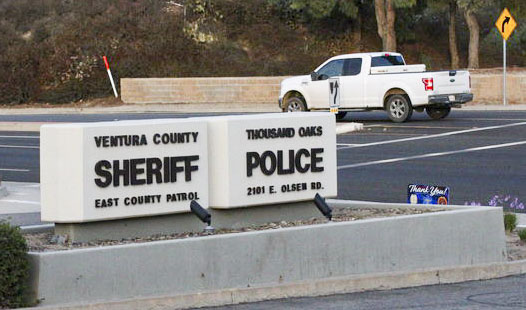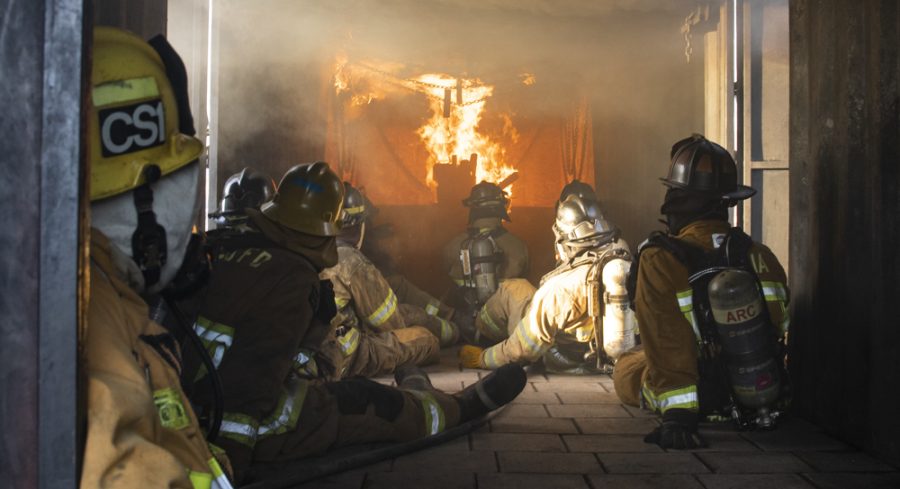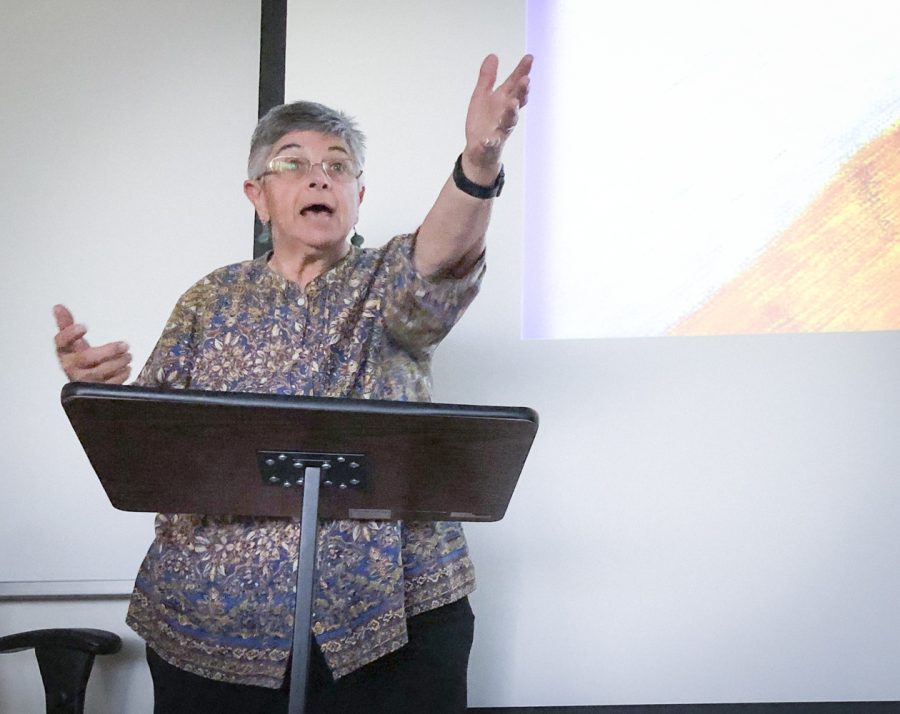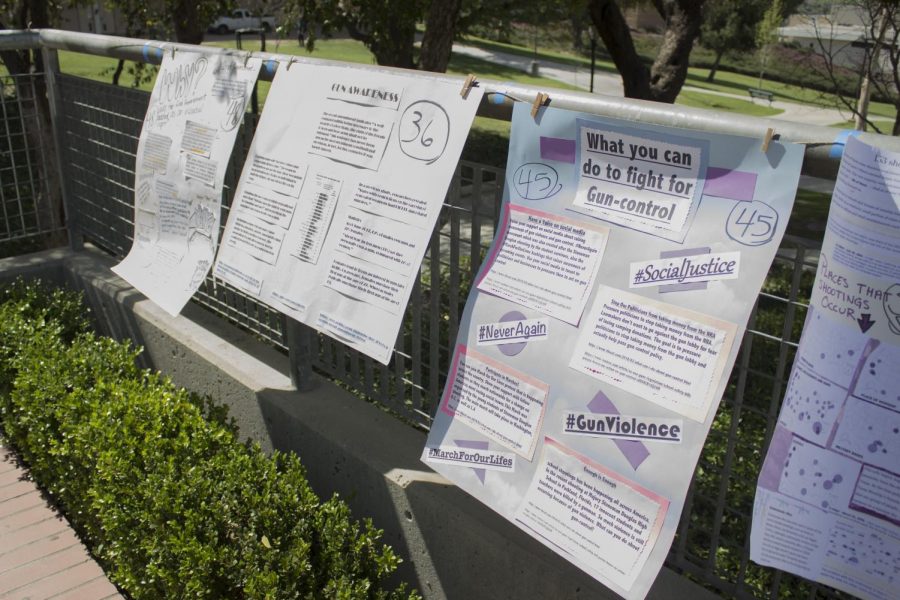In a couple of weeks school will be out and summer is coming. While some of you plan to work all summer long, others will have plans to travel to new and exciting places. But in order to stay safe while traveling you must be able to follow these tips from travel.state.gov to protect yourself in a foreign country where you don’t know the laws.
Before you even leave the country, you must arrange an itinerary as to where you are going to stay, get a passport, register with the State Department, check your credit limit, and look into your personal insurance as to whether or not it covers theft and your health. Now this probably sounds like too much because you may be going on a small trip but you never know what may happen to you half way across the world.
When carrying money, it should not be put into a wallet or pouch. The safest place for it to be is a shoulder bag that is worn across the chest close to your body or a in a pouch that is worn under the clothing. This prevents pickpockets from stealing any money, credit cards or travelers cheques you are carrying with you. Also consider purchasing travelers cheques or bringing credit cards instead of cash.
According to the website, travel.state.gov, when picking a hotel, make sure it is a larger hotel that way it has better security and get a room that is either on the second or seventh floor of the hotel, high enough to keep others from getting into your hotel room and low enough to get to fire equipment. The hotel room should be locked at all times and money or any valuable should be locked away in the hotel safe. Always let someone know what time you are expected to be back if you are out late and never get into an elevator with a suspicious looking person.
The next step in the excursion is to pack. To avoid becoming a target to thieves, make sure to pack clothes that don’t draw attention. In short, do not dress like a tourist (ex. Hawaiian shirt, huge camera around the neck etc.). Remember to also to pack light. The lighter the suitcase, the less you have to carry around and the less luggage you have to put down, and leave the expensive jewelry at home. Your luggage should also have your name, address and phone numbers inside and outside of the luggage, just in case luggage is lost or stolen.
Now that your affairs are all in order, the luggage is packed but there is one thing you need to do before you leave; learn about the country before you go. The Department of State’s Consular Information sheets explain every law, entry requirements and crime and security situations, areas that aren’t safe and political disturbances of the country you are going to visit. To obtain this information, you can either go online at travel.state.gov; contact them by telephone at 1-888-407-4747 or in person at any regional passport agencies.
Seven tips for safe travel:
-Avoid short cuts or poorly lit streets
-Do not travel alone especially at night
-Avoid public demonstrations and other disturbances
-Keep a low profile and stay out of arguments
-Do not discuss travel plans with strangers
-Avoid scam artists (example: people offering to be a guide or someone trying to sell you something.)
-Beware of pickpockets, especially in big groups of children where they could easily distract you in some way.
Now when going to a foreign country, you will be able to know what to look for, what to stay away from and overall, to safely travel without any complications. Safe traveling!





